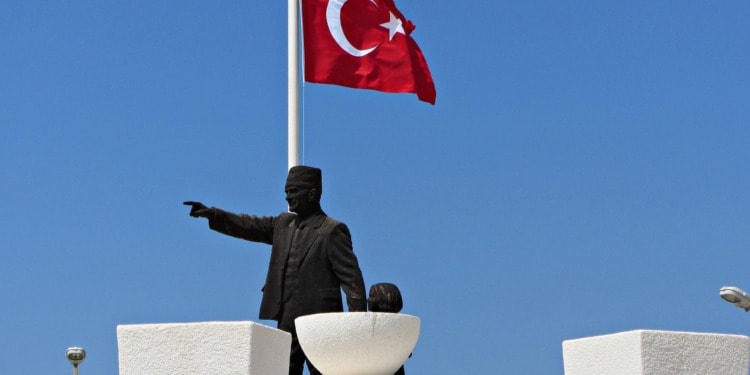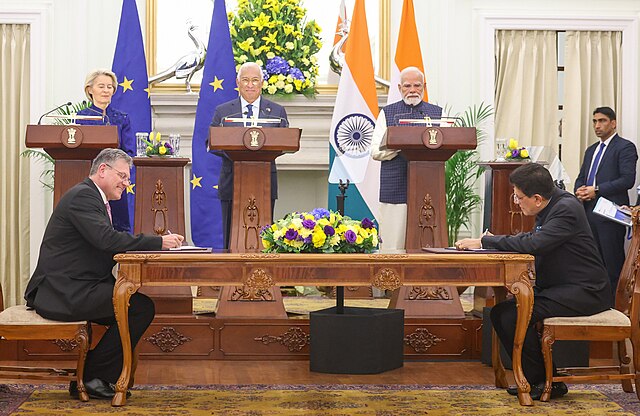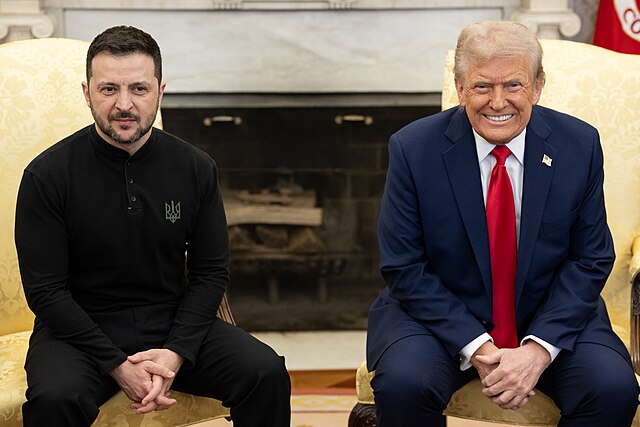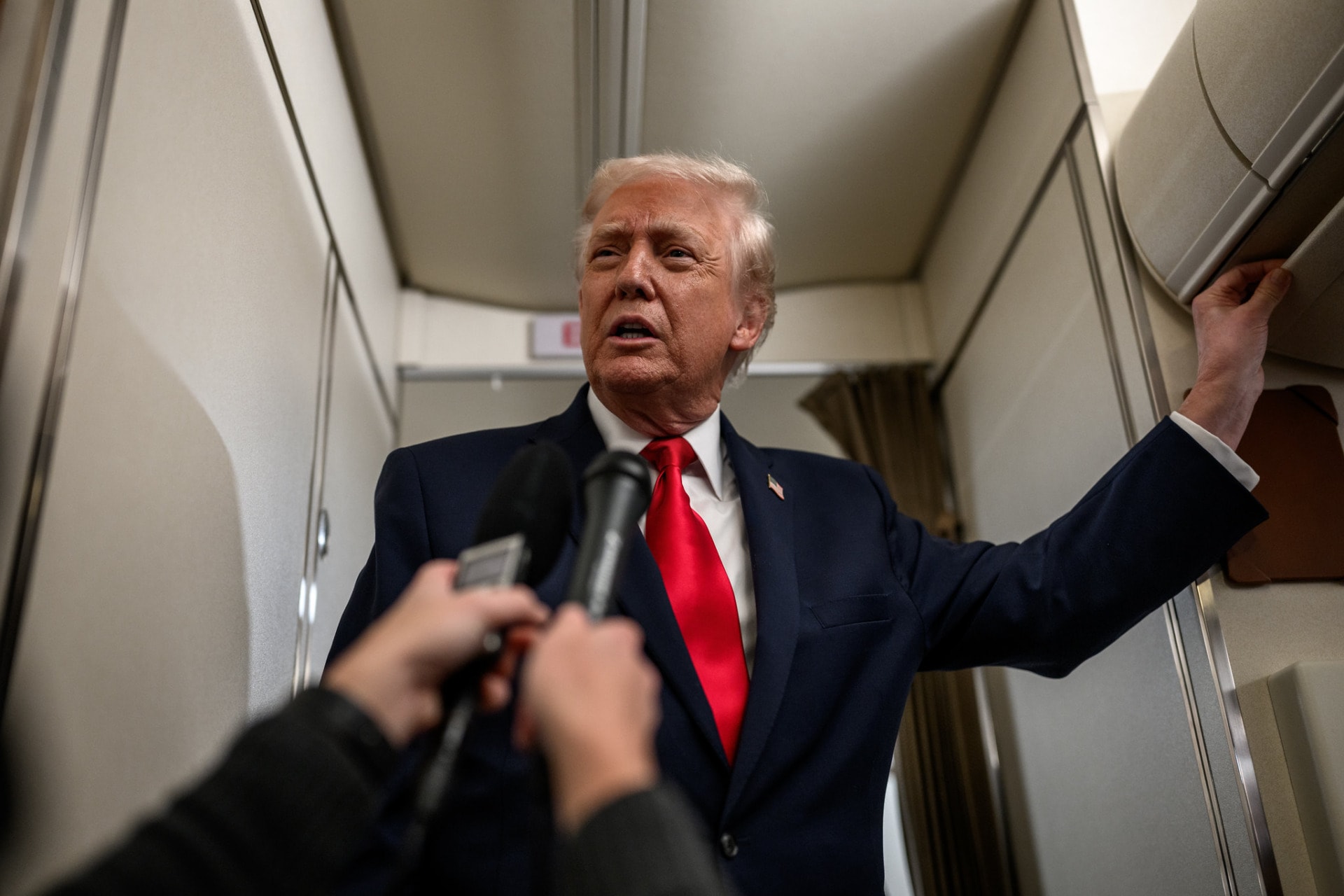With a mix of threatening comments and accusations, the friction between Turkey and Greece over Aegean Island occupancy has escalated, with Greece writing a letter to the UN, EU and NATO asking them to condemn Turkey’s recent “inflammatory statements.”
Earlier this year in July, Turkish President Erdogan claimed Turkey had no interest in conflict with their Greek NATO ally and neighbor, expressing only concerns over Greece’s airspace violations, but his intentions are now being called into question by Greece.
Turkey has also reportedly sent letters to the UN, EU and NATO over Greeces actions in the Aegean. Turkey claims Greece has violated international agreements by upping their military occupancy on the demilitarized Aegean islands close to Turkey’s coastline, as well as harassing Turkish fighter jets over the Mediterranean.
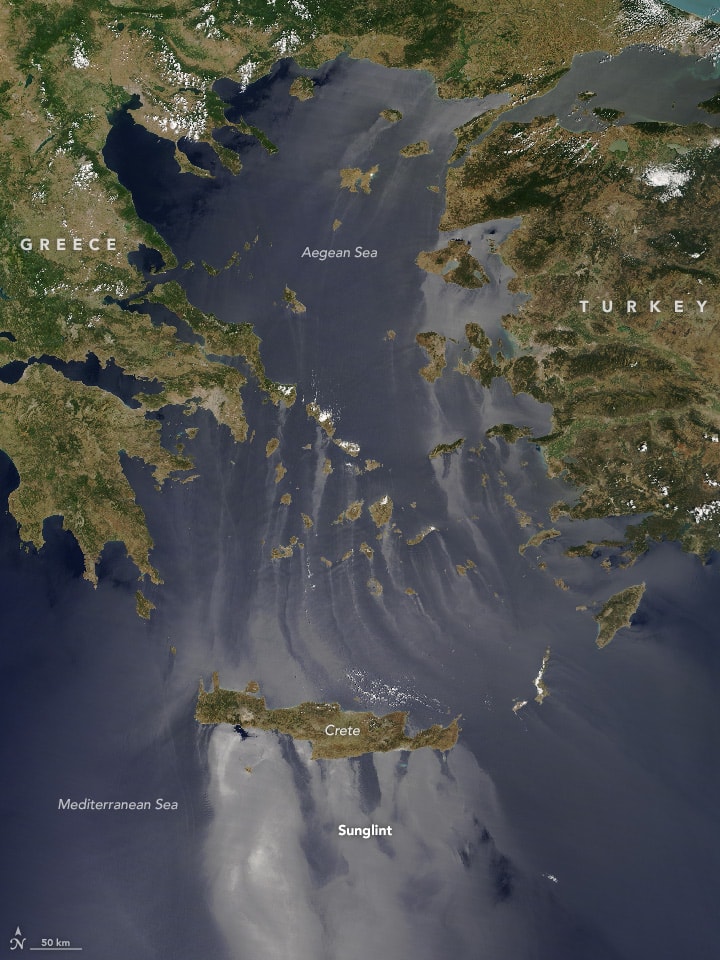
Erdogan’s statements evolved further last weekend, as he stated: “When the time comes, we’ll do what’s necessary. As we say, we may come down suddenly one night.”
Similar words have been used before by Erdogan, to hint at military operations (Syria, Iraq) and his willingness to use military force on perceived existential threats to Turkey.
In his letter to the UN, NATO and EU, Greek Minister of Foreign Affairs, Nikos Dendias, outlined his severe concern about the “openly threatening nature and tone” of Erdogan’s recent “unprovoked” and “inflammatory statements,” adding that he felt they were an “insult against Greece and Greek people.”
Turkey is attempting to turn back the clock of history, to revive the Ottoman Empire. The 🇹🇷 side’s actions & statements are not acceptable. We are neither intimidated nor afraid. We completely reject neo-οttoman “daylikia” (bullying) (statements with 🇫🇷 FM @MinColonna). pic.twitter.com/mHB2RkF5uv
— Nikos Dendias (@NikosDendias) September 7, 2022
The acuteness of Greece’s concerns stems not only from the recent thinly-veiled threat of war, but also the President’s hostile warnings on Turkish “Victory Day” — the 100th anniversary of the Greek-Turkish war.
In the letter, Dendias mentioned how, in September, Erdogan had publicly addressed his nation to ask: “Are we ready for the attack of 2023?”
The letter also mentioned how Erdogan had warned if Greece “go too far, the price will be heavy” and that Turkey has “one thing to say to Greece: Remember Izmir,” drawing on a historical conflict between the neighbors in which Greece was overpowered.
Dendias’ statement to the intergovernmental organizations serves both as a call for help and a call to action to prevent destabilization of the wider region.
He urges the international community to condemn Turkey’s behavior, as “by not doing so in time or by underestimating the seriousness of the matter, we risk witnessing again a situation similar to that currently unfolding in some other part of our continent.”
On Wednesday, during a Serbian press conference as part of Erdogan’s recent Balkan tour, the Turkish President also reflected on the Russian invasion and ensuing war in Ukraine.
He stated that “there are no winners in this war,” and ended by saying “he hopes that the world will reach peace once again;” a statement of which could be said to oppose his recent statements.
The press conference marked Erdogan’s “tete-a-tete” with his “dear friend” Serbian President Aleksandar Vuvic, to strengthen ties and exchange views on the preservation of peace, energy crisis, and EU sanctions on Russia.
When questioned about the gas supply crisis, Erdogan opposed the EU’s proposed policies to implement a price-cap on imported Russian gas in saying ”there’s no need to list the names, but I can clearly say that I do not find the stance that the West is adopting is correct.”
He proceeded to state “there is a West that is leading a policy based on provocation,” adding, “it will not be possible to achieve a result there,” and that Russia should not be underestimated.
Vuvic mirrored this perspective by saying “if one really thinks to defeat Russia militarily, then we will have to prepare not only for a cold winter but a polar winter.”
Related Articles: Illegal Pushbacks in Greece Are Costing Refugees Their Lives | EU Pushes Russian Oil Embargo Despite Disagreements | EU Agrees to Partial Embargo of Russian Oil | Turkey’s Erdogan: A Double Whammy Against Europe and Women
Angelos Syrigos, Greek Minister of Education and Religious Affairs, has also remarked at how Erdogan’s recent comments could refer to previous Turkish invasions.
“No other leader moves at such a pace of threats for so many weeks” Syrigos stated,“Erdogan’s message was ‘pay attention because we are ready’.”
In his own words, Erdogan reflected on his recent comments by stating: “what I’m talking about is not a dream.”
Greece and Turkey are no strangers to conflict and jeopardizing the stability of their NATO alliance — there have been other instances of the neighbors coming close to war in previous years.
Their disputes surrounding boundaries, airspace, territorial waters, and their long-term issues over Cyprus, track back decades and have fueled the bilateral tension that continues both in the sea and in the air.
The Turkish and Greek claims on airspace bleed into one another significantly, and regularly result in accusations of airspace violation coming from both powers.
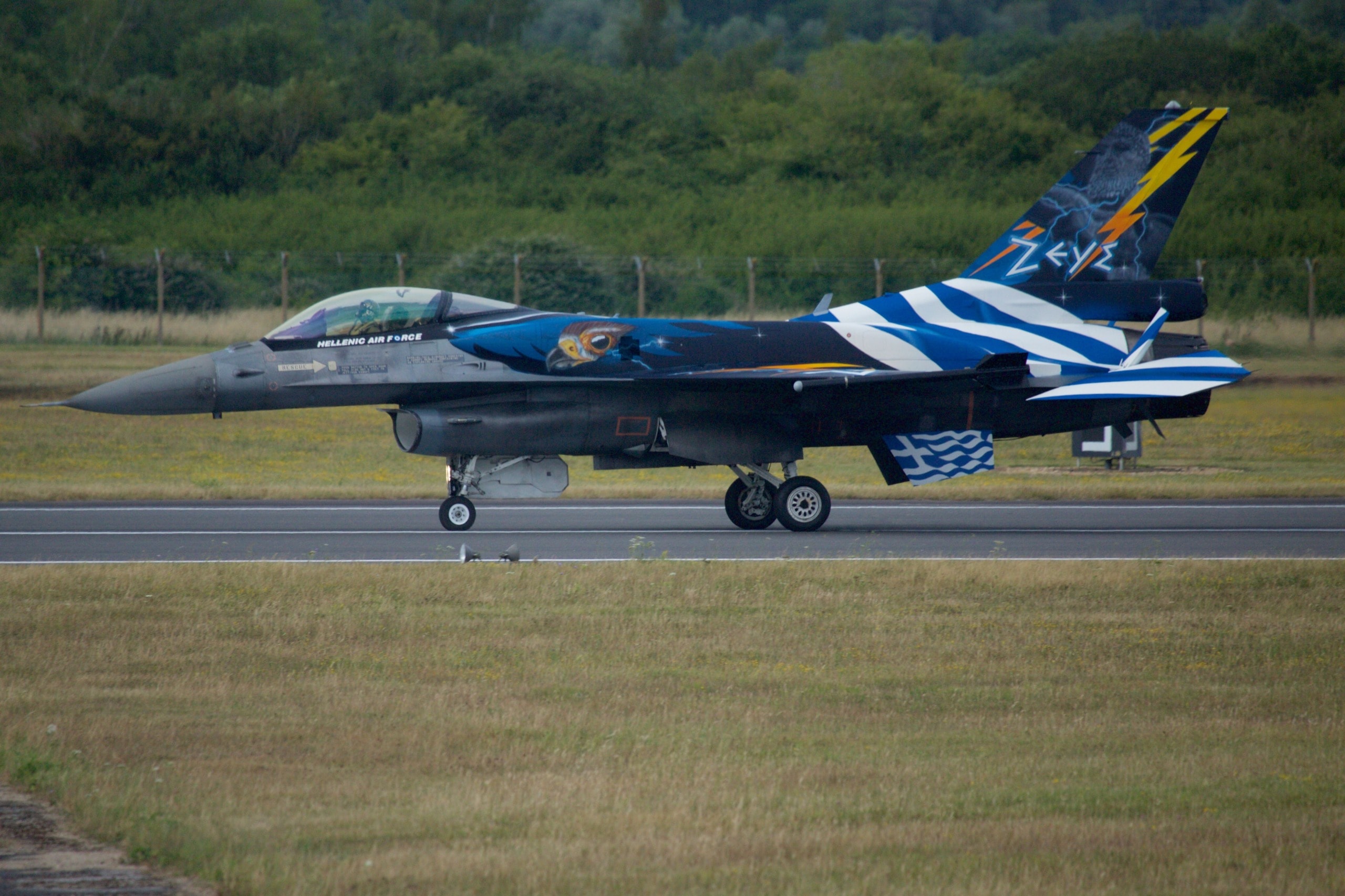
A particular issue has been Greek sovereignty over the Aegean islands, and Erdogan’s recent complaints to NATO have been centred around Greek militarisation of the island.
Ankara purports that the post-second world war transfer of the Aegean islands to Greece ownership was only agreed under the conditions that they remain demilitarized. Athens says this is “absurd.”
Disputes over marine territory and island sovereignty also continue to build up tension between the pair, in particular with respect to the migrant crisis that is intensifying in the Mediterranean.
Illegal pushbacks in Greece have been reported, which are costing refugees their lives.
A recent investigation by activist organization “Forensic Architecture” has shown satellite images of migrant boats intercepted by Greek authorities, only to later be found drifting alone and unassisted in Turkish waters.
Visit Forensic Architecture’s “Drift Backs in the Aegean Sea” full investigation and interactive report.
Both the US State Department and EU have shown support for Greece in condemning Erdogan’s threats, saying the comments are “unhelpful,” “raise serious concerns,” respectively, with the EU requesting that Turkey should “work on de-escalating tensions in a sustainable way in the interest of regional stability.”
With both Greek and Turkish elections looming next year, the fallout of this recent bilateral tension could have implications for the future leadership of the two nations. It is expected that Erdogan’s 20-year rule over Turkey will be challenged by the upcoming 2023 election. Only time will tell what the future holds for the relationship between Turkey and Greece going forward.
— —
Correction: This article has been updated since publication to remove repetitive statements; significantly clarify and amend the content and context of statements from Greece and Turkey; remove quotes due to original sources no longer being available; and remove a subheading due to reworking of the article.
Editor’s Note: The opinions expressed here by the authors are their own, not those of Impakter.com — In the Featured Photo: Turkish flag and monument. Featured Photo Credit: pxhere.com.


